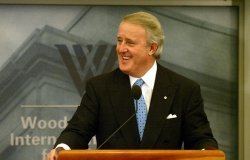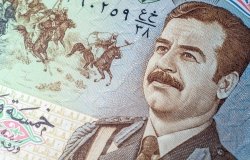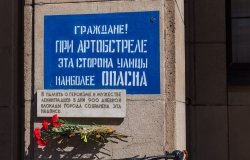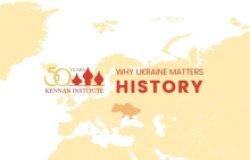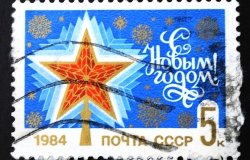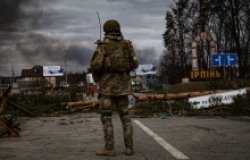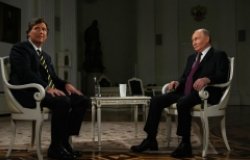Summer Teaching Institute on Modern Korean History
The Wilson Center's History and Public Policy Program is pleased to announce that it will be hosting a Modern Korean History Summer Teaching Institute from July 23 through July 26, 2012, for 10 to 15 high school educators.
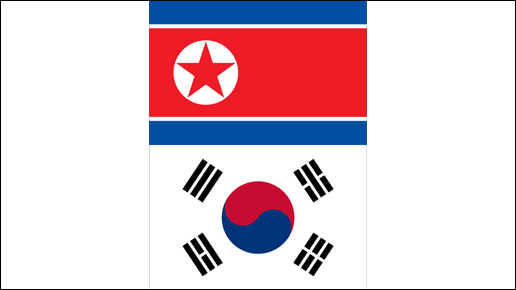
The Wilson Center's History and Public Policy Program is pleased to announce that it will be hosting a Modern Korean History Summer Teaching Institute from July 23 through July 26, 2012, for 10 to 15 high school educators.
The two Koreas occupy an increasingly important role on the global stage and have remained a focal point of U.S. foreign policy for over half a century. It is important for American students to know more about the modern history of the peninsula, divided into two sovereign states during the Cold War, and to better understand the divergent paths the two Koreas have taken. Toward this goal, the Wilson Center is recruiting a core group of high history and school social studies teachers that will be instrumental in the development of curricular modules and an online modern Korean history portal.
Over the next two years, the Wilson Center will develop curricular modules on flashpoints and themes in modern Korean history (i.e. Korean War, inter-Korean relations, U.S.-Korean relations, democratization movement in South Korea, etc.) that will provide curated access to primary source documents, essays, online lectures, and other tools that can be used in the classroom to teach about modern Korean history and U.S.-Korean relations to further improve not only the students’ knowledge of Korean history, but also their method of approaching history in general. The curricular modules will be designed to bring users to various archival materials and offer exercises intended to integrate Korean history into American high schools and to help develop critical thinking skills.
This teaching institute will seek to integrate the most current scholarly research and primary source materials from international archives on Korea’s history since 1945 and discuss how this information can be best used inside of the classroom. The teaching institute will make use of lectures, historical documents, web resources, and discussions.
Sessions will be led by Gregg Brazinsky, Associate Professor of History and International Relations, The George Washington University, Kirk Larsen, Associate Professor of History, Brigham Young University, Christine Kim, Associate Professor of History, Georgetown University, and James Person, Project Coordinator, North Korea International Documentation Project, Woodrow Wilson International Center for Scholars.
For further information about the Teaching Institute and for information about how to apply, please see the attached file or contact James Person at james.person@wilsoncenter.org.
Documents & Downloads
Related Programs

North Korea International Documentation Project
The North Korea International Documentation Project serves as an informational clearinghouse on North Korea for the scholarly and policymaking communities, disseminating documents on the DPRK from its former communist allies that provide valuable insight into the actions and nature of the North Korean state. It is part of the Wilson Center's History and Public Policy Program. Read more

History and Public Policy Program
The History and Public Policy Program makes public the primary source record of 20th and 21st century international history from repositories around the world, facilitates scholarship based on those records, and uses these materials to provide context for classroom, public, and policy debates on global affairs. Read more

Hyundai Motor-Korea Foundation Center for Korean History and Public Policy
The Center for Korean History and Public Policy was established in 2015 with the generous support of the Hyundai Motor Company and the Korea Foundation to provide a coherent, long-term platform for improving historical understanding of Korea and informing the public policy debate on the Korean peninsula in the United States and beyond. Read more



